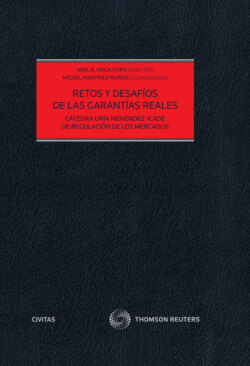Читать книгу Retos y desafíos de las garantías reales - Abel B. Veiga Copo - Страница 83
На сайте Литреса книга снята с продажи.
2.2. Collective Action Clauses
ОглавлениеThe particular clue of CACs is that they overcome the general principle of contract law pursuant to which changes of the contract require unanimous consent of all parties concerned or affected by replacing this requirement with a majority voting mechanism when and if certain parameters are fulfilled. Accordingly, haircuts or changes of the maturity date of both the principal or the interest (and possibly some other things) can be imposed on all creditors in a binding manner as long as a –usually qualified (e.g. 66% or 75%)– majority gives its consent. This amplifies the actual intent of the CACs; they are designed in a way to overcome the hold-out problem (or, in a less diplomatic description: to neutralize the threat of vulture funds).
Whereas hold-outs might best be described as creditors who insist on the principle of pacta sunt servanda63 with regard to their originally acquired claims against the debtor, are the vulture funds a vehicle to create money in a somewhat sophisticated way64: The relevant claims are acquired once a crisis has begun; therefore, they are offered at a steep discount on the secondary market, e.g. for 10 cent of the Euro65. Once a considerable amount of bonds has been bought the vulture approach the debtor state in its crisis and demands full payment including interests66. The difference between an ordinary hold-out creditor and a vulture creditor is, thus, that the former demands payment despite the crisis whereas the vulture demands payment because of the crisis67. In any case, the IMF is of the opinion68 that a debt restructuring mechanism for sovereign (of what kind soever) is indispensable for the sole purpose of overcoming the hold-out and vulture problem. Whether this limitation of purposes is justified or whether not rather additional factors do or should play a role, shall not be discussed here.
